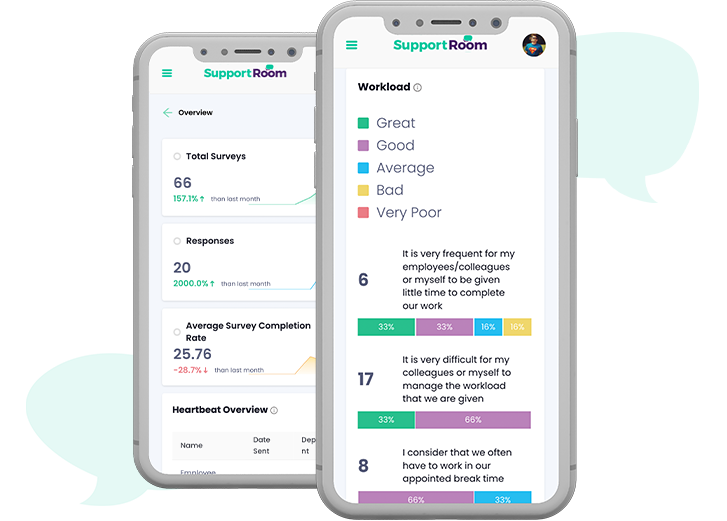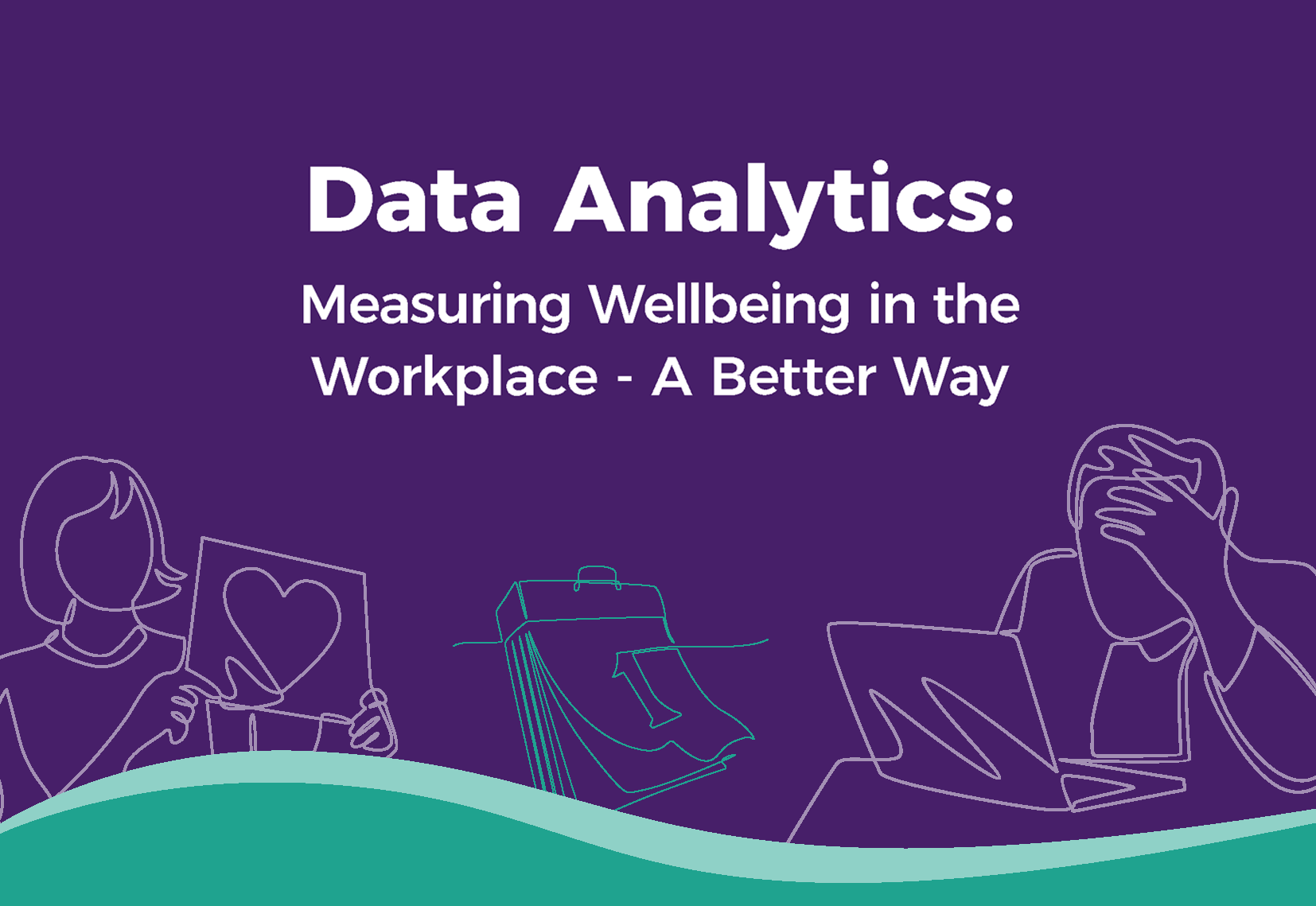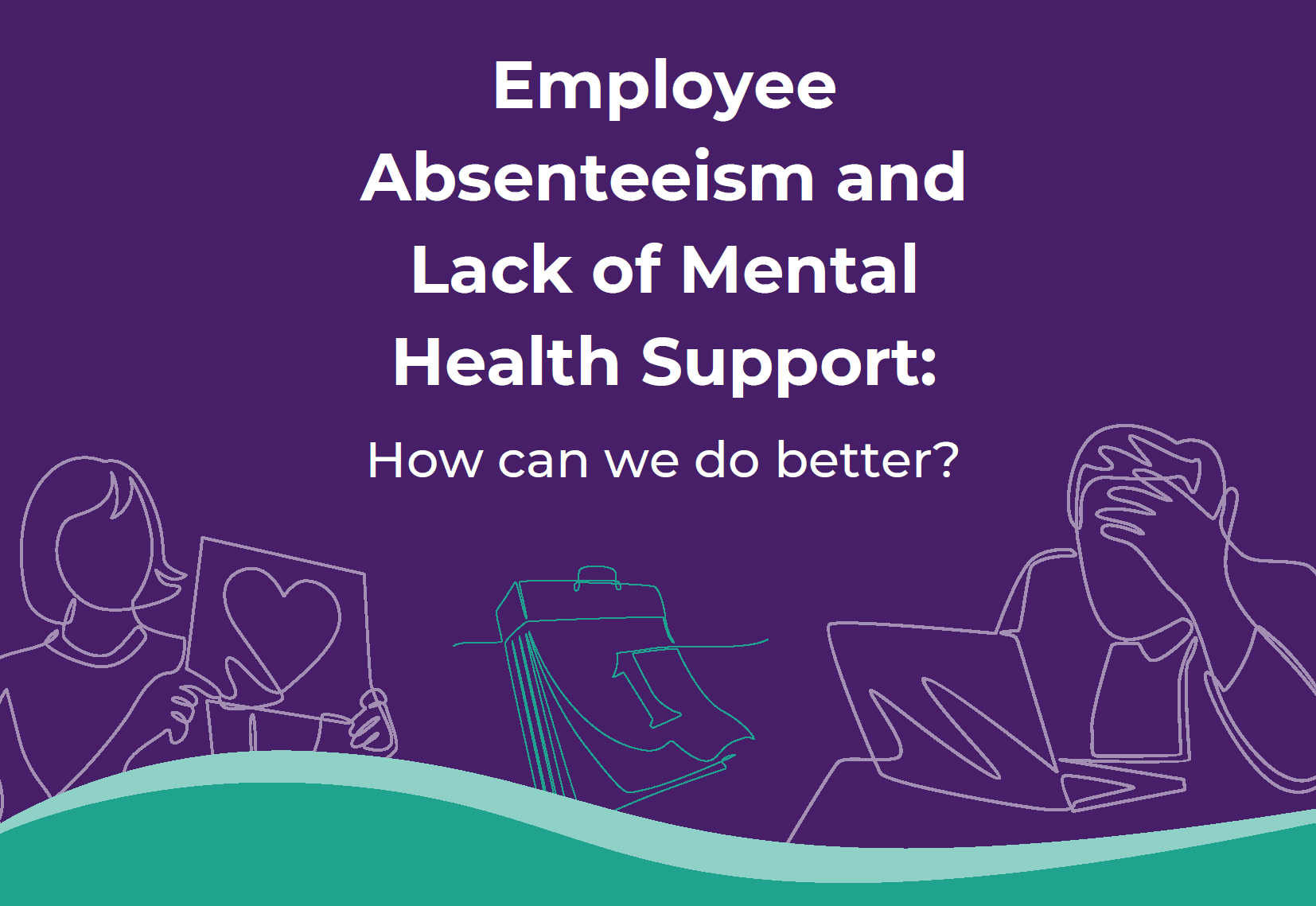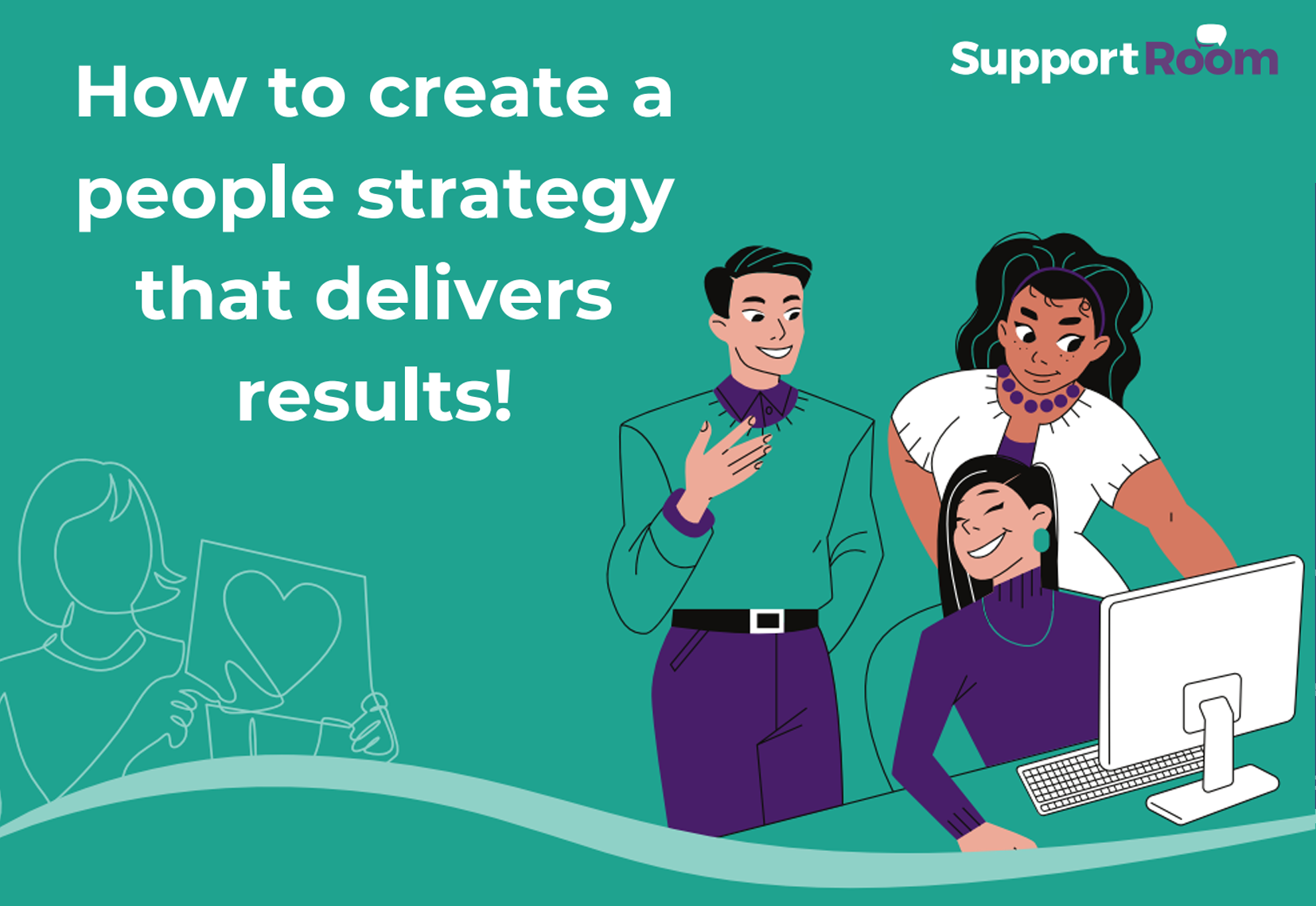“How do I talk to someone about their addiction?” – A Psychotherapist shares the do’s and don’ts to dealing with addiction
It can be hard to know what to do when faced with a loved one’s addiction problem, but a Psychotherapist has shared a simple guide to help you through it.
With International Overdose Awareness Day (August 31st) coming up, trainee Integrative Psychotherapist Teodora Ghiur from SupportRoom wanted to share how you can talk to someone in your life about their addiction, and how you can support them.
The 3 key things to know when dealing with a loved one’s addiction problem
1. Addictive disorders are serious mental health conditions, and they affect not just the health and well-being of an individual but impact the lives of those around them too.
2. Discovering the news about a loved one’s addiction problem can be highly distressing and upsetting, and it’s normal to feel an intense range of emotions, from shock and anger to sadness, guilt and even betrayal.
3. Although this may upset you, it’s important to keep in mind that your reaction could worsen your relationship with the addicted person, so be mindful in your approach to supporting their journey.
The do’s and don’ts when talking about addiction
DO
- Take some time to process the news and regulate your emotions
- Only approach the addicted person when you feel calm and able to control your emotions
- Be compassionate and empathetic with a friendly and non-judgmental tone
- Show kindness and reassure the person of your unconditional support
- Be ready to actively listen if they feel comfortable sharing details about their problem
- Keep things confidential, except for critical situations when their life might be in danger
DON’T
- Show anger and resentment towards them
- Blame them for their problem
- Threaten them
- Use verbally aggressive words or say things that can upset your loved one
- Yell, raise your voice or become defensive
- Ask the addicted individual to talk about their problem if they’re not prepared to do so
- Force them into seeking support if they are not ready for it
- Offend, victimise, or ridicule them

Gain FREE access to Heartbeat
Get a free Heartbeat Survey.
Let us uncover the true state of your team’s wellbeing with a free mental health survey for your entire organisation.
Gain valuable insights to see how you can better support your team’s mental health and performance.
No pitch. No credit card required.
8 warning signs and the difference between a bad habit and an addiction
A bad habit becomes an addiction when it starts to negatively impact your loved one’s day-to-day life, so look out for these warning signs that their bad habit has escalated into something more:
1. They are having frequent, unexplainable mood swings
2. There has been a decline in their work or school performance
3. Their physical appearance and health have changed
4. They are disinterested in other activities
5. Their sleep is inconsistent or has changed
6. They are struggling with legal or financial issues
7. Their personal and romantic relationships are strained or have problems
8. Their personal hygiene has declined
Statistics on Addiction
- The UK has the highest drug misuse in Europe, with almost one-third of all adults in England and Wales reporting to have used drugs at least once in their lifetime.
- Deaths caused by drugs and alcohol have increased, making up 12% of coroners’ inquiries in 2021.
- Cannabis is the most commonly used drug with 7.6% of the population using it in 2021; followed by cocaine at 2.9%.
- The majority of drug-related deaths are due to heroin, and users form over half of those in treatment at 51%, followed by alcoholism at 28%.
- The use of drugs such as LSD and amphetamines has recently fallen, however, there has been an increase in the use of ketamine and nitrous oxide, especially in young adults.
- Men are twice as likely to take drugs compared to women, as are those with poor mental health and lower levels of happiness, with 1 in 5 taking drugs compared to 1 in 16 who reported being happier

Gain FREE access to Heartbeat
Get a free Heartbeat Survey.
Let us uncover the true state of your team’s wellbeing with a free mental health survey for your entire organisation.
Gain valuable insights to see how you can better support your team’s mental health and performance.
No pitch. No credit card required.





